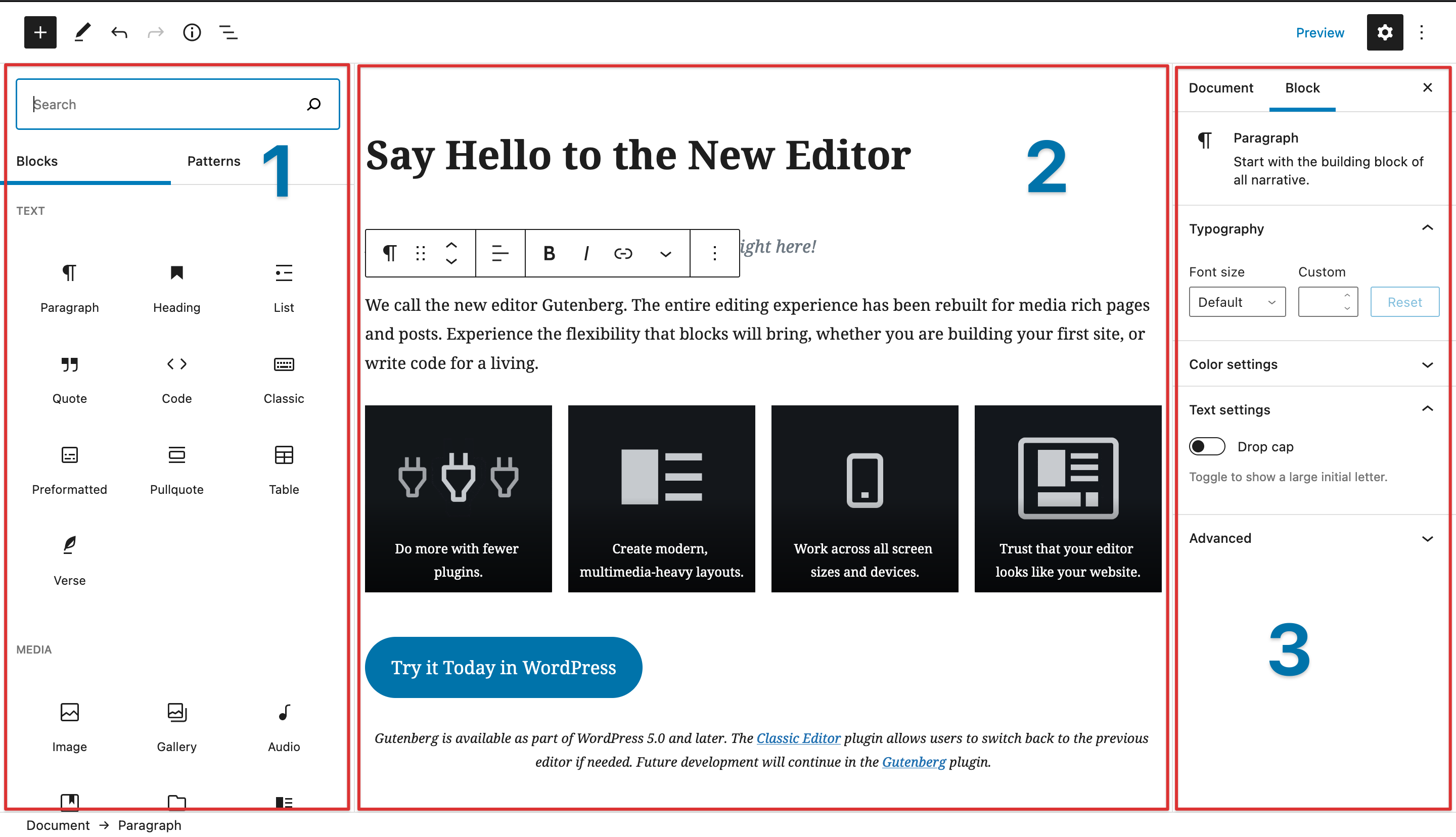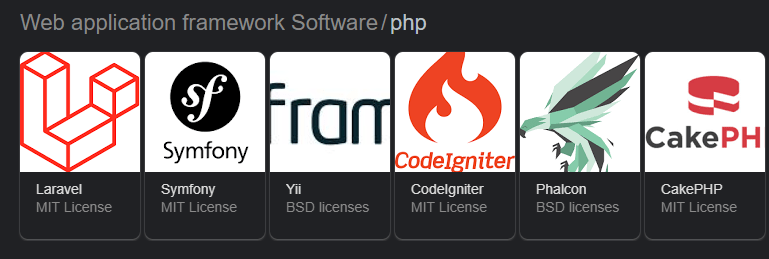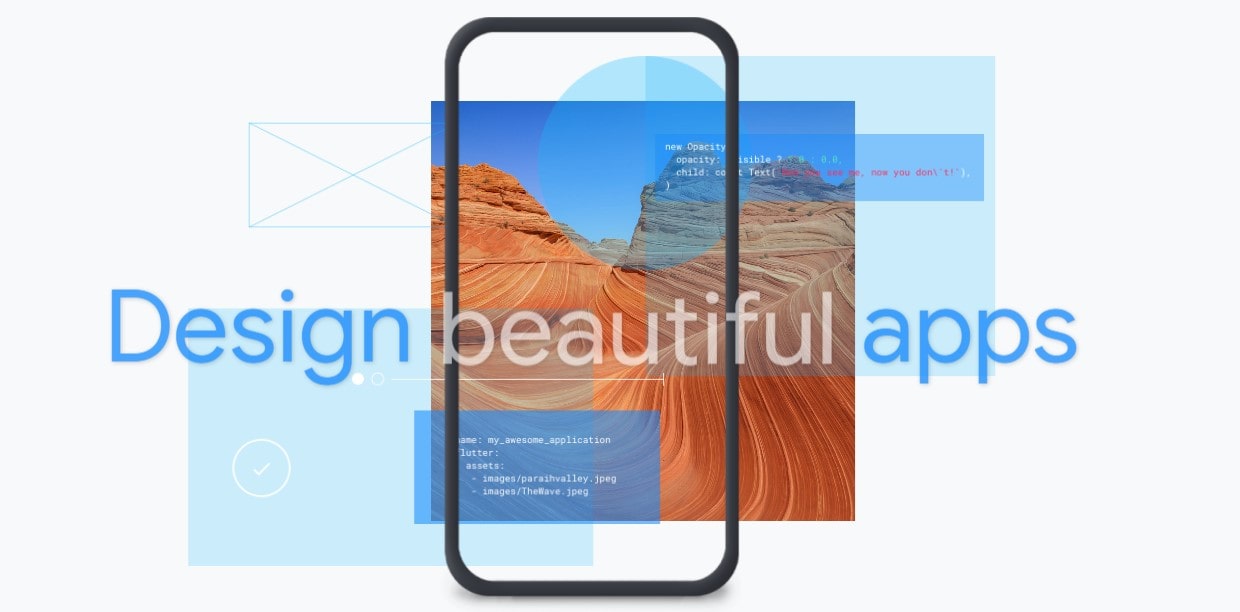The last time I rambled about my web development journey was almost six years ago.
And so, I see it fit for me to reflect on my current web development skill change — if any — and progress since then. (If I’m being honest, my recent effort to update my resume and portfolio actually triggered these reflections. But I’m not going to admit that hah.)
My heart stays true to WordPress
No matter how hard I tried to move on to other CMS and frameworks, I keep putting myself back into WordPress development. I even tried to scale down my contribution to the Malay polyglots, just so that it reminded me less of WordPress, and that I can focus on other frameworks and platforms.
Also, a more personal reason that I hate to admit: I was getting tired of WordPress.
Never mind that every two out of five websites on the Internet in 2022 use it. The fact is, WordPress solves almost any problem you have, in whichever angle you focus on, in terms of your Interweb presence. And when web dev opportunity knocks on my door, it almost always has to do with WordPress.

The Gutenberg block editor gave me a refreshed sense of excitement, and it was something I noted to another developer when I was a WordCamp invited speaker. As a plugin developer, particularly of widgets, I’m always game for drag-and-drop interfaces. However, at the time, I frown upon current, non-Gutenberg visual editors such as Elementor and Divi which produced such bulky codes (unsure how they are nowadays, and I’m more drawn to Brizy (aff) if I ever need to use a non-Gutenberg visual editor).
My perception on those visual editors affected my perception on Gutenberg in its initial release. Only in the last couple of years or so have I reconsidered the editor’s performance, which is fortunately, for now, remains positive.
I have a backlog of personal WordPress projects that I need to update, especially since Custom CSS in the Customizer is imminently disappearing from WP 5.9 core onwards.
I’ll see how much longer my enthusiasm with WordPress lasts.
Dabbling with PHP frameworks, 10 years on
Right, so I have played around with CakePHP, Smarty, and Yii. I even made a simple walkthrough on how to set up a Yii dev environment.

Yet years later, I diverted myself to CodeIgniter and Laravel, mainly because client-wise, those were their frameworks of choice.
I’m partial to these two PHP frameworks. Strangely enough, my slow learning curve with these two stemmed from 1) my inability to understand how Composer works global-wise and project-based, and 2) not wanting to put the required resources on a production server to run apps with Composer-driven installs.
On hindsight, it’s bizarre that Composer is at fault for me being slow to adapt. But dagnabit, was it hard to wrap its concept around my head, especially concerning reason number one mentioned above.
That struggle should make for a good blog content, though, now that I think about it.
I recently resized my DigitalOcean (aff) droplet to a smaller plan, and decided to remove some of my demo sites, including those I developed on Laravel and CodeIgniter. How foolish.
I’ll work on restoring those projects from my backup as I work on updating my portfolio.
And, perhaps, play around with Slim as I do so.
Not that I need to focus or anything *eyerolls*
And then there’s the mobile apps
I’m pretty vanilla with everything, even with PHP. It’s mainly because I learn best when I get into the nitty gritty of how things function without its libraries, which means building stuff from scratch. In turn, knowing them allows me to understand the performance and security issues that the apps might face.
So, I still preferred developing hybrid mobile apps manually. With Cordova. CRAZY!
That is, up till a little more than a couple of years ago.
Thanks to Flutter and subsequent improvements to Android Studio, though, I’m not that crazy anymore.

Troubleshooting on Android Studio and Flutter seems to be easier nowadays. However, the large downloads are a pain. I’m glad that now I have a somewhat more stable Internet connection to cater to all my updates.
I have similar issues with adapting to the more popular cross-platform mobile app frameworks like React and Ionic, as I have with adapting the PHP frameworks. Specifically, not wanting to bother with Node.js, and my unwillingness to set resources for a production server.
To be fair, I never even touched React, mainly because I was busy playing with Polymer.
I tried Ionic, though. Not loving the interface. It doesn’t look Material enough, at the time of testing years ago. And I am still disinterested with Apple-related technologies, because I like cheap stuff like WordPress and Android.
So many things to learn, so little time. And, well, all that is left to do is for me to plan ahead and slot in as many interesting web and mobile technologies to learn as I can and hope my brain knows what to prioritize.
I look forward to more fun and productive web app development life ahead.
I hope your web development journey is as fulfilling as mine.
Check out my other posts: « How’s 2022 treating you so far? / Musings coz it’s 2023 »